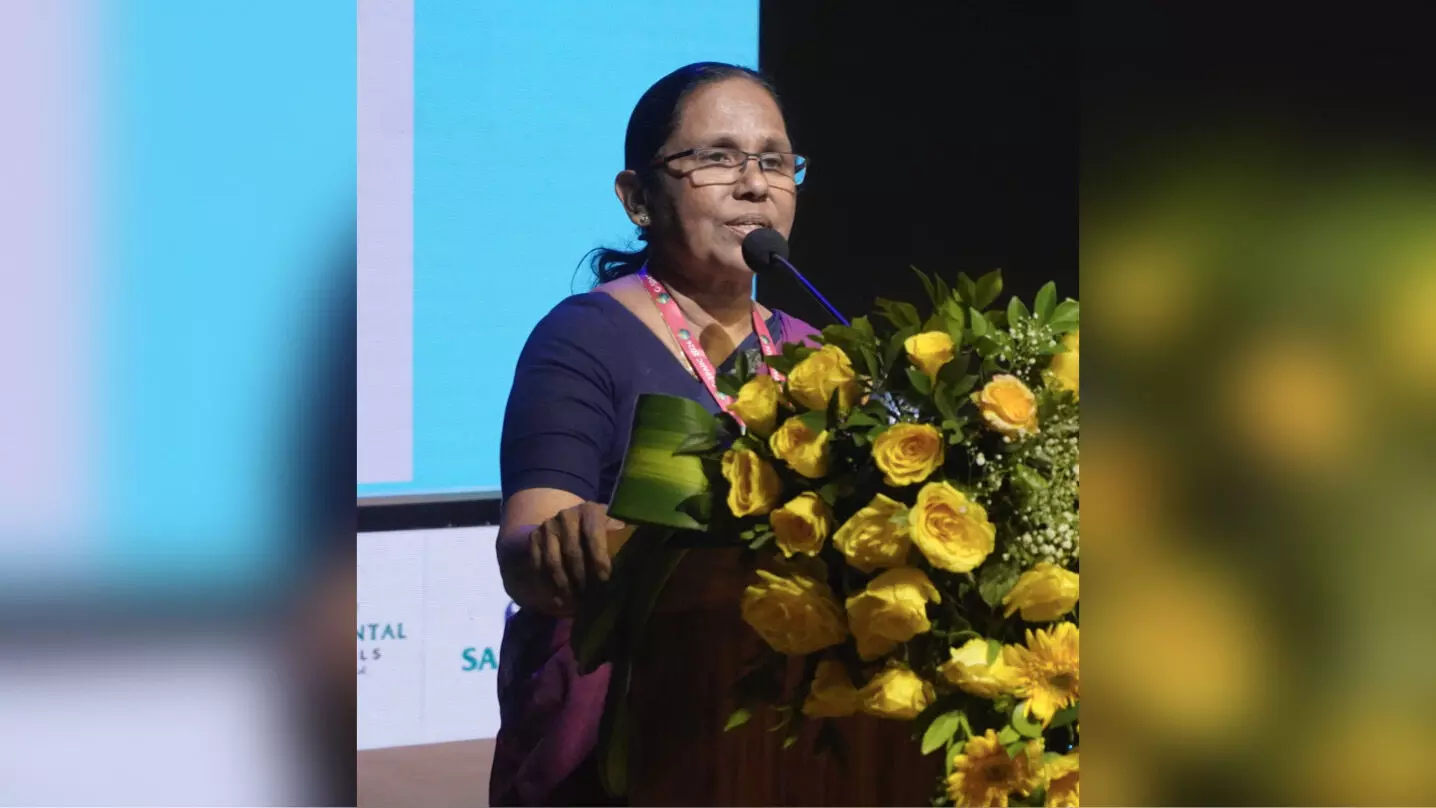Experts converge at G-SPARC 2024 in Hyderabad to address infection outbreaks, AMR
In 2018, Kerala became the first State in India to release a sub-national action plan on AMR called KARSAP
By Newsmeter Network
Hyderabad: The G-SPARC 2024 summit for the Global South Conference on Infection Prevention, Control, and Antimicrobial Stewardship began on Thursday at Shilpakala Vedika in Hitech City.
The three-day event brings together global experts to discuss Infection Prevention and Control (IPC), Antimicrobial Resistance (AMR) and related health concerns.
Organised by the Infection Control Academy of India (IFCAI), the University of Hyderabad and the Pragyaan Sustainable Health Outcomes Foundation (PRASHO), the conference aimed to foster collaboration between stakeholders from resource-limited countries in Asia, Africa, the Middle East, and South America.
AMR: A global health security threat
Speaking on the topic ‘Management of Outbreaks and Health Crises: A Politician’s Perspective’, Shailaja Teacher, former health minister of Kerala, highlighted the urgency of tackling AMR.
She described AMR as a ‘silent pandemic’ and emphasised its recognition as a global health threat by the World Health Organization (WHO), the Centers for Disease Control (CDC), and the United Nations (UN). “The estimated global cost of AMR will be $1,000 trillion by 2050,” she noted, adding that the UN had addressed AMR as early as 2016.
Kerala’s proactive approach
Shailaja also discussed Kerala’s proactive measures to address AMR.
In 2018, Kerala became the first State in India to release a sub-national action plan on AMR called KARSAP, conceptualised and implemented on a One Health Platform. “We launched the Antibiotic Literate Kerala Campaign in 2019 to promote the judicious use of antibiotics across sectors,” she said. Kerala also introduced an AI-based Antibiogram App to enhance AMR management further.
The role of nurses in infection control
Participating in a panel discussion on ‘Leadership Role in IPC and AMS Policy and Practices’, Dr Evita Fernandez, chair of the Fernandez Foundation, emphasised the crucial role nurses play in infection control.
She stated, “Nurses are the true custodians of the patients, but they are often scared to raise issues when a patient’s health is compromised. Doctors must change their attitude towards nurses and give mutual respect.” She called for greater recognition of nurses as equal colleagues in healthcare, not subordinates to doctors.
Government support for AMR implementation
Dr Anuj Sharma of the WHO Country Office for India stressed the need for cooperation from the State government in implementing an effective AMR plan. He remarked that Infection Prevention and Control (IPC) measures and AMR strategies could only be successful with strong government involvement at the state level.
The conference opened with a session on ‘Understanding the Science of Complexity and Its Applications’ in IPC by Prof Dr Vijay V Yeldandi, clinical professor at the University of Illinois, Chicago. This was followed by Dr Annie Thakore, CEO of Pranaam Hospital, who discussed enhancing infection control practices in hospital settings.
A panel discussion on ‘The Role of Environmental Surveillance in Mitigating Infectious Diseases and Antimicrobial Resistance’ was also held. Speakers included Dr Rakesh Mishra, director of the Tata Institute of Genetics and Society (TIGS), Bengaluru, and Dr Vinay K Nandicoori, director of CSIR-Centre for Cellular and Molecular Biology (CCMB), Hyderabad.
The G-SPARC 2024 aimed to drive better policies, research, and solutions for IPC, AMS, WASH (Water, Sanitation, and Hygiene), and pandemic preparedness, with over 100 distinguished partners from academia, industry, healthcare and professional associations supporting the event.